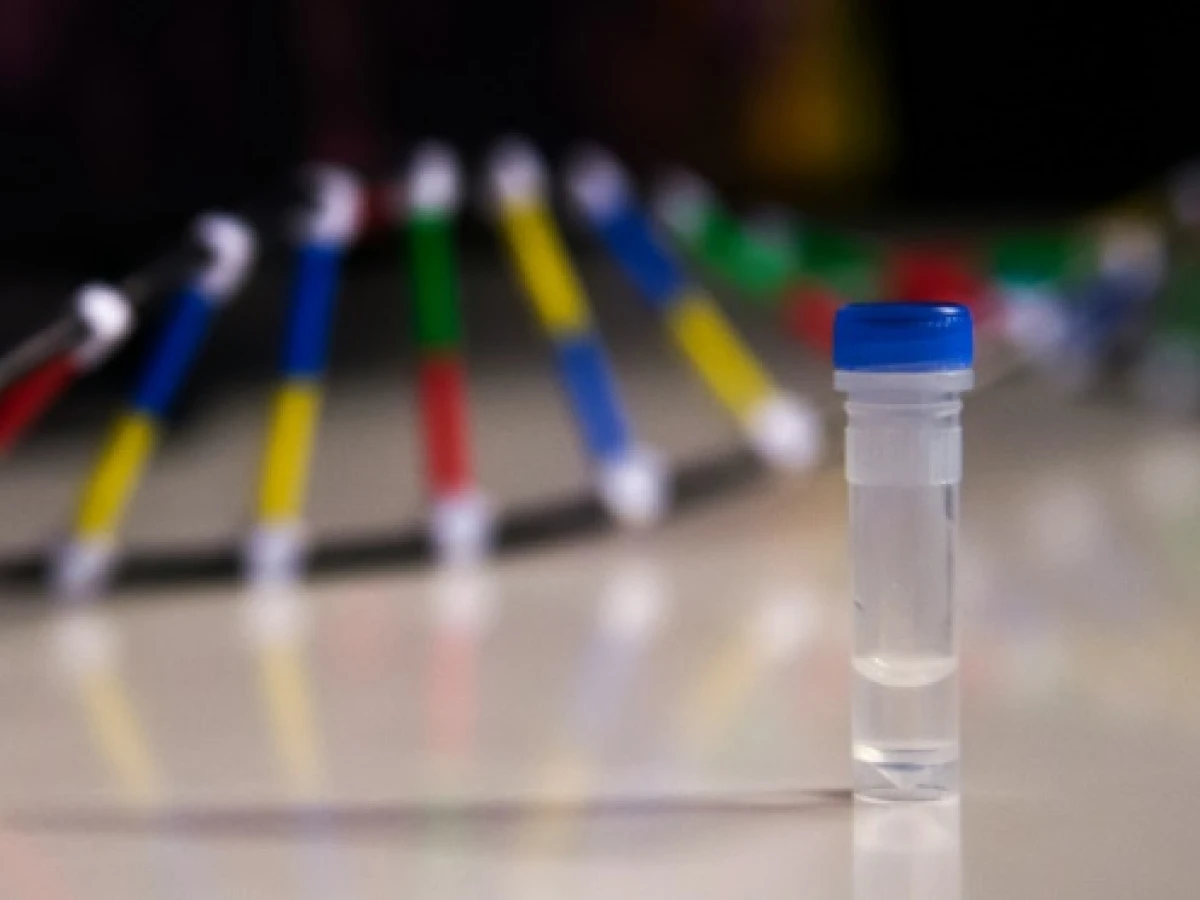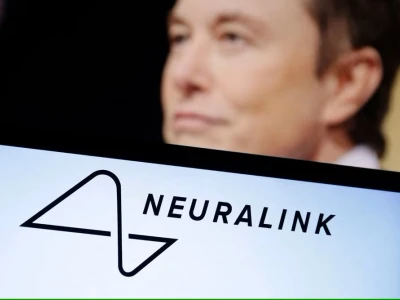
DNA Revolution: Terabytes of data within nothing
Imagine, a tiny vial of all the books that ever existed, and unlimited space for your own life's archives.
By
Azuhaar Abdul Azeez
In the madly developing landscape of technology, scientists have discovered an unconventional yet promising solution for storing vast amounts of data: DNA.
Our whole lives, generations of it, are now safely tucked within the archives of the World Wide Web. Might as well look for ways to archive our histories as the human race.
Building upon the fundamental structure of life itself, researchers have successfully encoded and retrieved terabytes of information within the intricate sequences of DNA molecules. This breakthrough offers unprecedented possibilities for long-term data storage, heralding a new era of information preservation.
Unleashing the power of DNA
DNA, or deoxyribonucleic acid, is the hereditary material that encodes the genetic instructions for all living organisms. It's remarkable properties, such as high density, longevity, and stability, captured the attention of scientists seeking an efficient and durable data storage medium.
Researchers at the University of Washington, Harvard University, and the European Bioinformatics Institute have demonstrated the potential of DNA for data storage. They devised a coding system to convert digital information into DNA sequences. These sequences were then synthesized and stored within the DNA molecules themselves.
DNA as the ultimate data archive
DNA offers immense storage capacity. Just a single gram of DNA can theoretically hold about 215 million gigabytes of data. To put this into perspective, a small amount of DNA could potentially store the entire digital world's data!
One of the most significant advantages of DNA storage is its longevity. DNA can remain intact and viable for thousands of years when stored properly. Not to mention how secure it is; DNA is very difficult to hack. This reliability holds the promise of preserving data for future generations, surpassing the limitations of current storage methods that degrade over time.
What's taking so long?
While DNA data storage shows immense promise, challenges remain. Currently, the process of encoding and decoding data from DNA remains time-consuming and expensive. Additionally, improving the speed and accuracy of DNA sequencing technology is crucial for practical implementation, but it is still under development.
The first practical demonstration of DNA storage was carried out in 1988 by a team of researchers led by Joe Davis. Davis and his colleagues were able to store a 5x7 image of a rune in the DNA of E. coli bacteria.
A lot of research is being done, the technology continues to develop, so it is only a matter of time before it becomes available to us final consumers.
Not easy to say exactly when DNA storage will be widely available, but there are a number of companies that are working on developing DNA storage products, and it is likely that we will see DNA storage products available to consumers within the next few years.
Here are some of the companies that are working on developing DNA storage products:
-
DNA Script: DNA Script is a French company that develops enzymatic DNA synthesis technology. The company is working on developing a DNA data storage platform that uses its DNA synthesis technology.
-
Twist Bioscience: Twist Bioscience is a US company that develops DNA sequencing technology. The company is working on developing a DNA data storage platform that uses its DNA sequencing technology.
-
Google AI: Google AI is a research division of Google that is working on developing new methods for storing data in DNA. The division has developed a number of new methods for storing data in DNA, including DNA origami and DNA barcoding.
We talk about it; we manifest it. Imagine, a tiny vial of all the books that ever existed, and unlimited space for your own life's archives.




